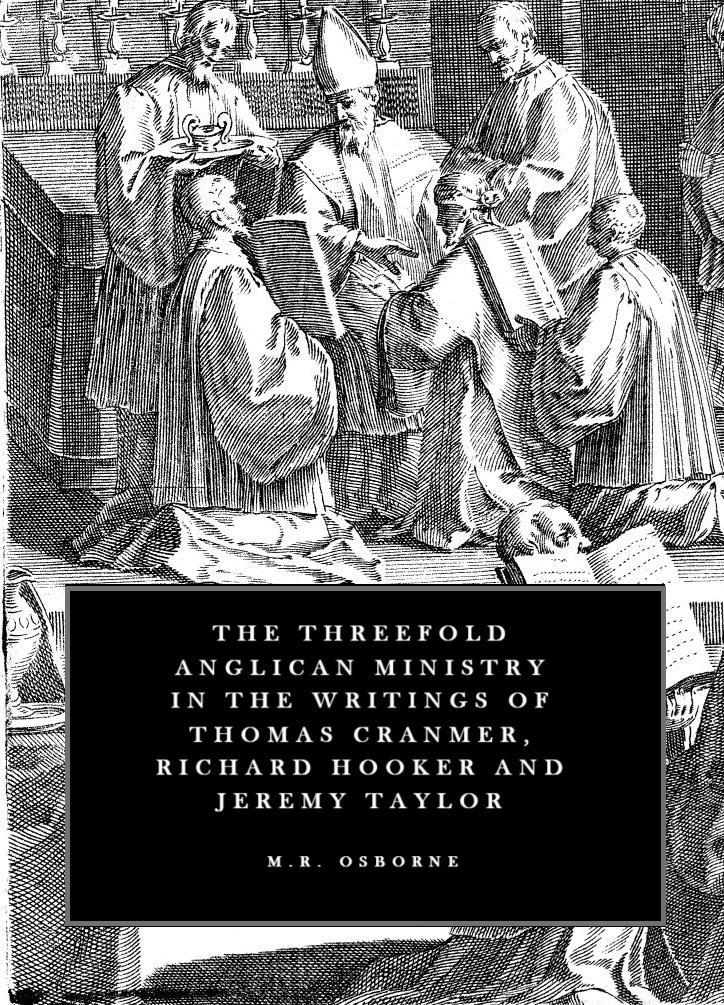"Receive the holy goste, whose synnes thou doest forgeve, they are forgeven: and whose sinnes thou doest retaine, thei are retained: and be thou a faithful despensor of the word of god, and of his holy Sacramentes. In the name of the father, and of the sonne, and of the holy gost. Amen."
The English Ordinal continued the traditional structuring of the Church of England's ministry following the death of Henry VIII. However, although the three historic ministries of bishop, priest, and deacon survived, the theological reasoning for retaining them varied. The sacerdotal role of the priesthood and the apostolic succession of bishops were at the heart of the debate. The writings of Thomas Cranmer and Richard Hooker played a crucial role in shaping a more coherent doctrine of ordination.
In the middle of the seventeenth century, when Anglican divines such as Jeremy Taylor made their response to opponents of the episcopate, it was often an appeal to the enduring character of the Ordinal's Preface. "I sum up with the attestation of the Church of England in the book of Ordination", wrote Taylor, "From the Apostles' time, these orders of ministers have been in Christ's Church: Bishops, Priests and Deacons."
The Restoration of 1660 reintroduced the episcopate and confirmed the Church of England's commitment to maintaining the traditional threefold ministry. This marked the culmination of a long and tumultuous period of religious controversy and conflict in England.

Purchase Book
Volume 1 of 2 in the short series The Polity of the Church of England




